Description
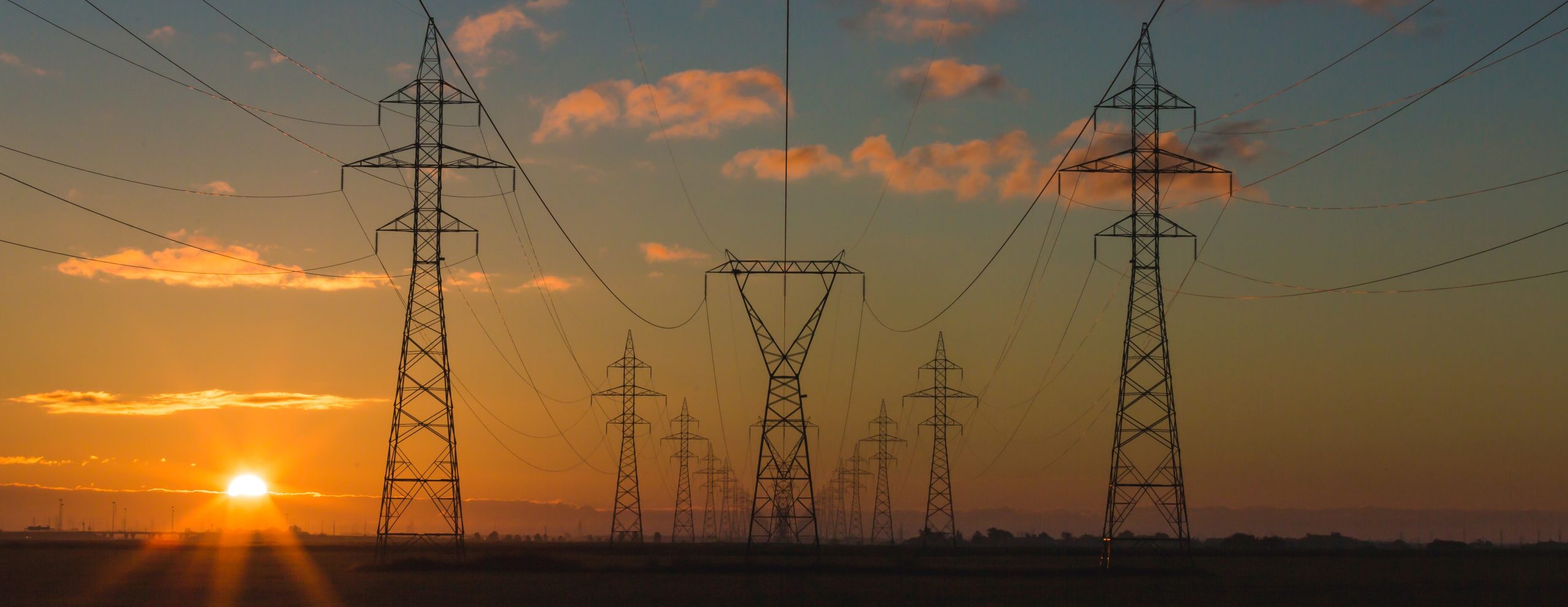
List of the 5 largest electricity providers in Germany
There are plenty of suppliers on the German electricity market. A few large electricity companies hold around three-quarters of the market share, while the remaining quarter is held by municipal utilities, most of which are run by local authorities. Here are the 5 largest electricity suppliers:
1. E.ON AG, Essen
E.ON was formed in mid-2000 through the merger of VEBA and VIAG. In terms of sales, E.ON is Germany’s largest energy group. Its main business areas are the operation of electricity and gas networks, power generation from renewable energies and electricity sales, as well as nuclear power plant decommissioning – a company with 78,000 employees. This makes E.ON one of the most important electricity providers in germany.
Update 2023: In March, E.on announced its figures for the past year. Sales rose to over 115 billion euros; EBITDA to over 8 billion euros.
2. EnBW Energie Baden-Württemberg AG, Karlsruhe
The new energy group EnBW was formed in 1997 from the merger of four energy suppliers in Baden-Württemberg. It accounts for around one-eighth of the electricity generated in Germany. The subsidiary Netze BW GmbH is the largest network company for electricity, gas and water in Baden-Württemberg.
Update 2024: EnBW’s largest solar park in Baden-Württemberg to date will go into operation at the end of 2023. Together with Thüga Erneuerbare Energien and Stadtwerk Tauberfranken, a large-scale project is being realized, of which EnBW’s solar park is also a part. The entire plant is scheduled for completion in 2024.
3. Stadtwerke München GmbH, Munich
In terms of sales, Stadtwerke München (SWM) is Germany’s largest municipal utility and service company. SWM provides utility services in the areas of electricity, natural gas, district heating and drinking water, public transport, pool operation and telecommunications. Electricity is generated in 14 hydroelectric power plants, several wind turbines and three combined heat and power plants, among others. This makes Stadtwerke München one of the most important electricity providers in germany.
4. EWE AG, Oldenburg
Energieversorgung Weser-Ems (EWE) is not only a regional energy supplier in Germany’s northwest, but also in Bremen, parts of Brandenburg, Rügen and parts of western Poland. EWE offers customers electricity, natural gas, telecom and IT services. The company employs over 9,000 people.
5. enercity AG, Hanover
The Hanover-based company enercity has its origins in the “Stadtwerke Hannover Aktiengesellschaft”. Today, with sales of over 5 billion euros and 2,900 employees, the company is one of the top energy supply companies in Germany. The company offers power supply as well as heat, gas and water supply. In Hannover, enercity also offers numerous power plants, both for electricity and district heating supply.
Picture: Matthew Henry via Unsplash (08.03.2023)

German power suppliers: relevant factor for the energy turnaround
In the public debate, energy system transformation has been playing an increasingly important role for some years now. The switch to renewable energies and the reduction of CO2 offers great opportunities and growth prospects for many companies. The largest electricity suppliers in the Federal Republic of Germany are particularly relevant in this context. With our list you can identify these players within minutes and address the energy market. Our database includes large energy companies as well as regional and supra-regional public utilities and small to medium-sized electricity providers.
This information is included in the dataset
- Company name
- General contact data (address, e-mail address, telephone number, URL)
- Name of the management
- Serial letter suitable for addressing the management (e.g. “Dear Dr. Müller”)
- Sales figures for the years 2021, 2020, 2019, 2018, 2017, 2016 and 2015 (taken from the annual and consolidated financial statements)
- Employee figures for the years 2021, 2020, 2019 and 2018 (taken from the annual and consolidated financial statements)
- Sector classification & Field of activity
Note: If the sales and employee figures are not included in a company’s own financial statements but in the parent company’s consolidated financial statements, the data from the respective consolidated financial statements are provided.
Headquarters of the largest companies
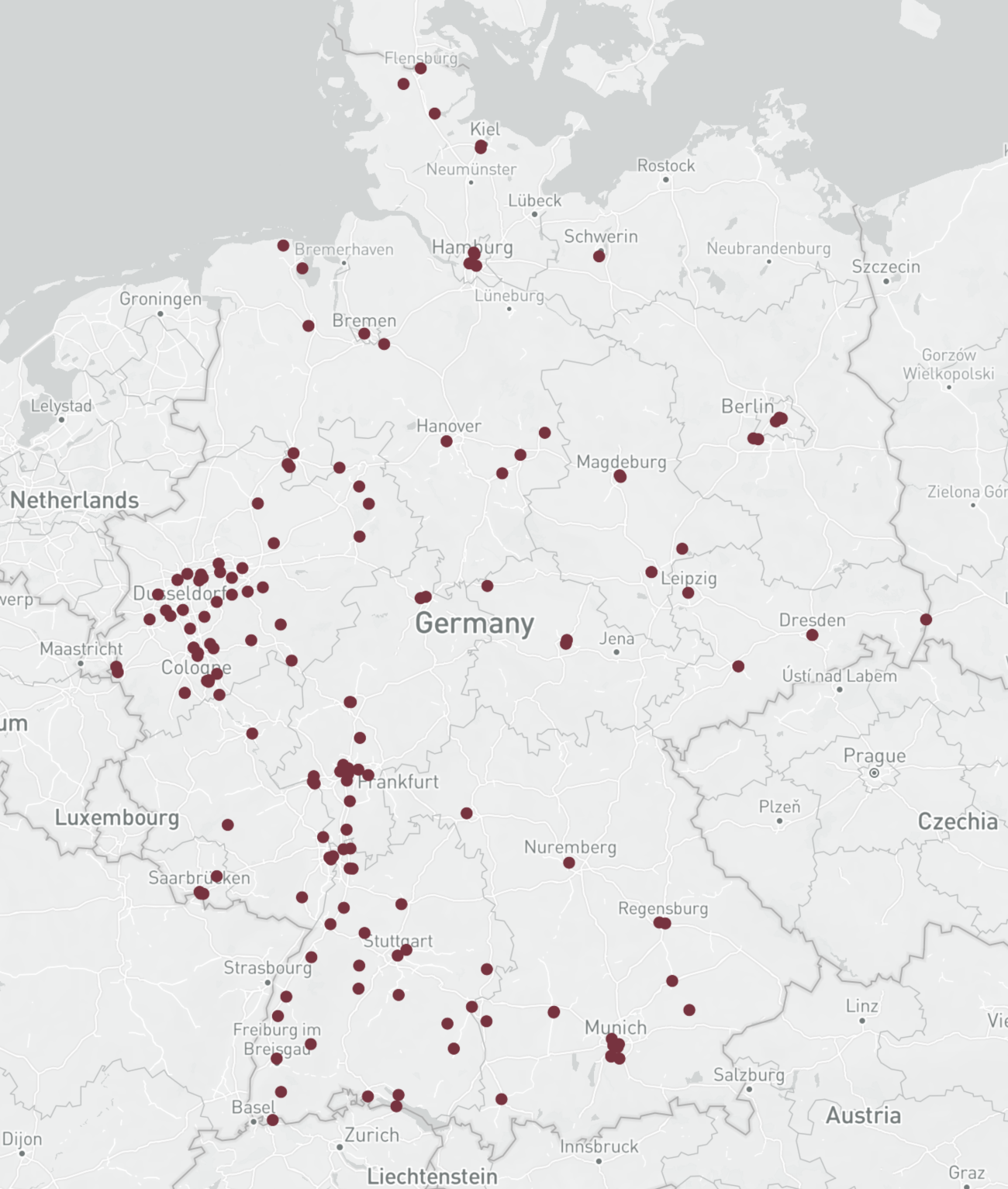
From energy companies and municipal utilities to regional players
Large energy companies like E.ON, EnBW, RWE, EWE and Vattenfall play an important role in Germany and making them one of the most important electricity providers in germany. They supply numerous households throughout Germany with electricity and have established brands that are familiar to most consumers. But the German energy market is characterized by numerous other players. These include in particular the municipal utilities, which have long since ceased to operate only regionally, but are increasingly operating nationwide. Particularly large municipal utilities are, for example, Stadtwerke München or Stadtwerke Köln. Our database also contains many small and medium-sized energy companies with sales ranging from EUR 500 million to EUR 2 billion. In summary, it can be said that our list of the largest electricity suppliers in Germany is perfect for understanding the entire market and not overlooking any relevant players.
Picture source: Appolinary Kalashnikova
Electricity supply industry: Statistics and facts
Electricity providers are among the so-called utilities – companies that provide basic infrastructure services. Until the 1990s, competition on the electricity market in Germany was severely restricted and characterized by regional, legally guaranteed monopolies. Then liberalization took place within the framework of EU competition policy.
Nevertheless, even today it is still not possible to speak of unrestricted competition in electricity. Five large suppliers – E.On, RWE, EnBW, LEAG and Vattenfall – dominate about three quarters of the market. In addition, there are more than 1,000 small and smallest electricity suppliers, often with regionally narrowly defined business areas. The largest share of the remaining quarter of the market is held by municipal utilities under municipal ownership.
Free competition is also hampered by heavily regulated price fixing. It is true that electricity is freely traded on electricity exchanges. However, the market price formed here is far removed from the end consumer prices. This final price includes less than a quarter of the share for electricity generation and procurement. An almost equal share is accounted for by the EEG levy, the rest by various levies, charges (especially grid charges) and taxes (electricity and sales tax).
In recent years, the German energy industry has been characterized by the energy turnaround – conversion to renewable energies – and the phasing out of nuclear energy. The process is not yet complete. An additional challenge is the phase-out of coal to reduce CO2 emissions. In 2019, 513 billion kWh of electricity were generated in Germany. 46 percent came from renewable energies, of which a good half came from wind power, 13.7 percent from nuclear energy, 29.3 percent from coal (high lignite content!) and 10.5 percent from natural gas.

Any questions? Get in touch!
Leo Semmelmann, Founder
contact [at] researchgermany.com
+49 (0) 89 92927741
We are looking forward to help you in case of any questions, remarks and individual requests. Feel free to get in touch via email, live chat or phone. We can also offer you package prices and can create individual lists.

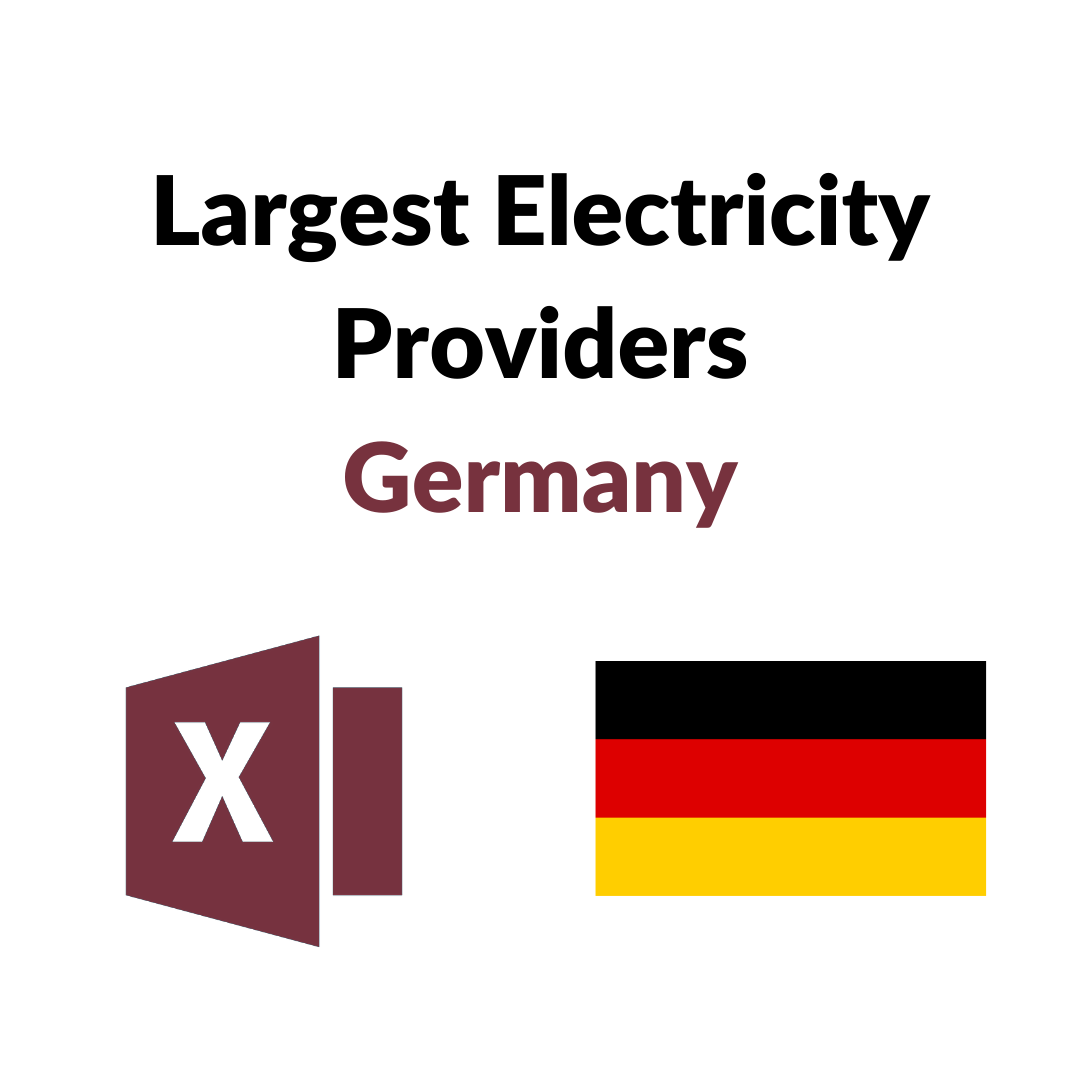
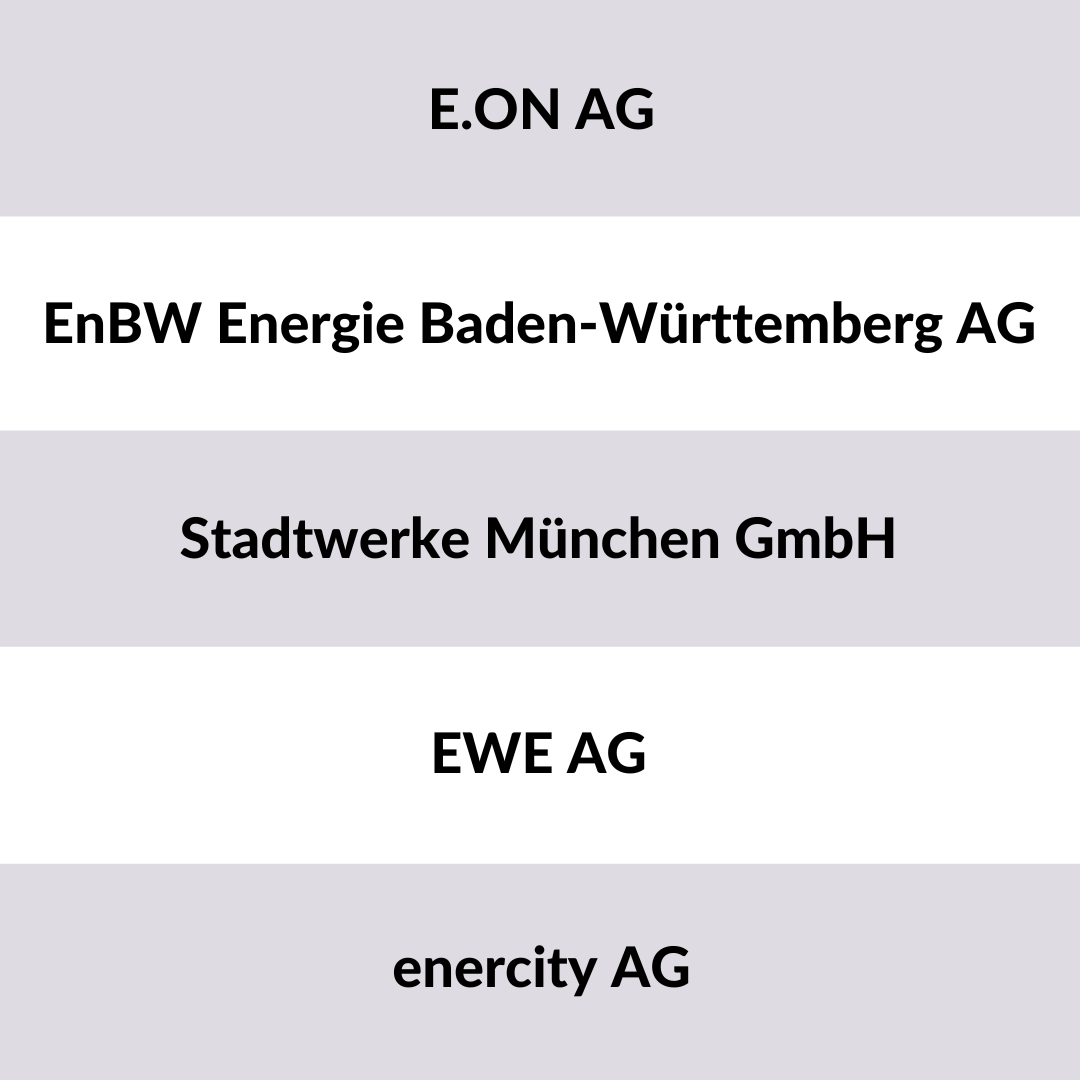
 Contains the 450 largest electricity providers in Germany for direct download as an Excel file. The list is an excerpt from our
Contains the 450 largest electricity providers in Germany for direct download as an Excel file. The list is an excerpt from our 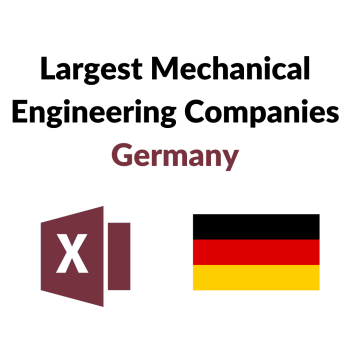
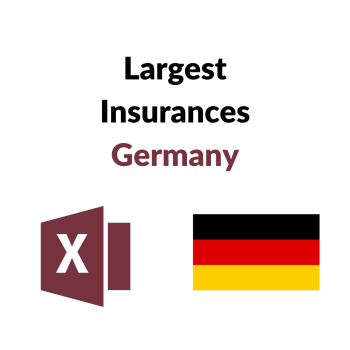
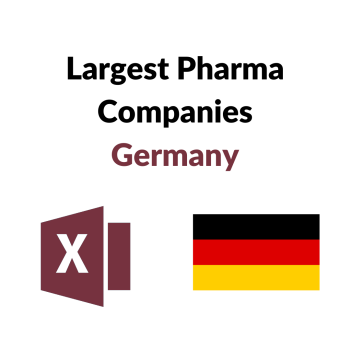
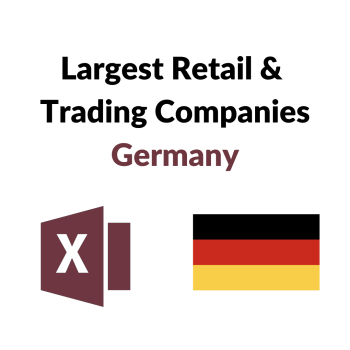
Jan Olsson (verified owner) –
This list is perfect for business development in power supply industry Germany. We could generate relevant leads using the provided data – thank you!